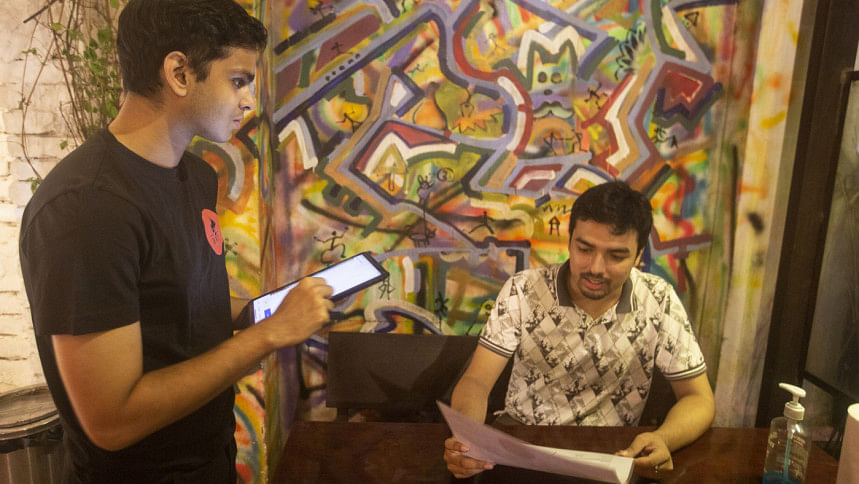Why is working part-time as a student stigmatised?

The youth are as innovative and ambitious as ever. The advent of the internet and social media has propelled progress and information-sharing to previously unforeseen levels. Empowered high school, college, and university students are working towards achieving independence much more rapidly and earlier than previous generations.
Students living in the vast urban jungles of Dhaka and Chattogram are increasingly taking up freelancing opportunities, volunteering, and side hustles to expand their repertoire. However, there seems to be an intense and deep-rooted stigmatisation of working as a student, especially in the retail, food, and ride-sharing industries.
In the USA, young adults are encouraged to take on part-time jobs alongside their academics. More importantly, there are not any negative connotations associated with working odd jobs. In Bangladesh, working as a tutor seems to be acceptable.
However, being a freelance copywriter, a barista, or a ride-share driver elicits criticism and judgement. There appears to be an even bigger issue when individuals hailing from well-off families opt for these jobs.
The irony is that students who go abroad and choose to work are seen as responsible and brave for taking odd jobs. So, why are people back at home disparaged for doing the same thing?
A twisted narrative makes people believe that their children holding part-time jobs would distort their social image and standing. Many parents believe that their children working part-time reflect on their failure to provide for their family. This, in turn, leads to an irrational fear about how their relatives and friends would negatively perceive them upon finding out about their children's jobs.
These problems extend beyond family and friends — baristas, waiters, and retail workers are unfairly held in low regard and are subjected to pejorative behaviour. Ride-share drivers and delivery personnel also face mistreatment, and middle-aged aunties will even go deem them "failures" for not getting a traditionally "good" job.
Women face even more barriers when entering the gig economy. Many are eager to earn money through delivering and driving but are restricted from doing so due to religious and societal barriers. Even though safety concerns regarding driving are valid, lower female participation is a worrying reflection of how our society still manages to retain its patriarchal stance.
Rather than being so quickly dismissive of these jobs, we should learn to be more appreciative and respectful, regardless of the pay, nature of work, or title. After all, education entails more than just academics. Job experiences will undoubtedly help teens enrich their knowledge and skillset, teach them independence, and prepare them for working life in the long run.
Turns out Taaseen Mohammed Islam can write semi-decently at the expense of being able to do basic math. Send him pointers at [email protected]

 For all latest news, follow The Daily Star's Google News channel.
For all latest news, follow The Daily Star's Google News channel. 








Comments